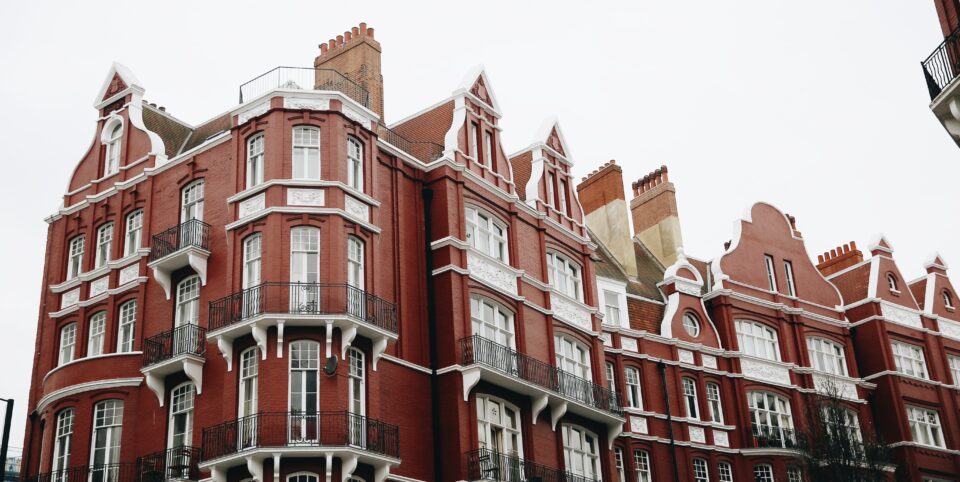Contact
020 4515 6728
info@ccameron.co.uk
Charles Cameron & Associates
Blackfriars Foundry
154-156 Blackfriars Road
London SE1 8EN
How much does it cost to buy a home?
June 11, 2021
Information published was correct at the time of writing
--

If you’re thinking of buying a home, there’s a lot more to consider than just the price of the property. While you might be aware of the major costs involved in buying a house, there could be extras you haven’t considered. The total cost of buying a property is often underestimated. It’s not just finding a deposit. Among the additional costs that need to be covered are legal fees, surveyor’s fees, stamp duty, and moving costs. Preparation is particularly important if you are a first-time buyer.
How much is a property in the UK?
• In England, the average home costs £246,000
• In Scotland, the average home costs £151,000
• In Wales, the average home costs £164,000
• In Northern Ireland, the average home costs £140,000
Of course, there’s a lot of variance in price depending on the type of property and the location.
How much deposit is required?
Usually, when you buy a home, you’ll pay 5%–20% of the total price as a deposit and take out a mortgage to cover the remaining cost, which you’ll repay over an agreed period (typically 25 years).Taking that as a guide, and using the average home prices (p62), here are some example deposit amounts (table above). If you don’t have this much then there are ways to buy a home with a smaller deposit or no deposit, such as a guarantor mortgage or the Shared Ownership scheme.
What are the other costs involved in buying a home?
Mortgage Fees
Different mortgage providers charge different fees and different amounts for those fees. Some of the common ones include:
• Arrangement fee – up to £2,000
• Booking fee – up to £250
• Valuation fee – up to £1,500
• CHAPS transaction fee – up to £50
• Account fee – up to £300
You might have the option to add these fees onto the loan amount so that you don’t need to pay upfront – but this will mean you’ll also be charged interest on them.
Stamp Duty
Stamp duty is a tax paid on property in England and Northern Ireland. There are similar taxes payable in Scotland (Land and Buildings Transaction Tax) and Wales (Land Transaction Tax).
Fortunately, under the current rates (applicable until 31 March 2021) there is no stamp duty to pay on property up to the value of £500,000. Above this amount, stamp duty is calculated as a percentage of the property price (between 5% and 12%, depending on the total value). This is a reduced rate, due to the coronavirus pandemic.
The new Stamp Duty changes can be found here.
Survey Costs
It’s crucial to have your property examined by a surveyor before completing the purchase, as this can identify many kinds of expensive issues that might arise in the future.
There are various types of survey, with different costs, including:
• A basic condition report (£300+)
• A more detailed homebuyer report (£400+)
• An in-depth building survey (£450+)
• A full structural survey (£600+)
Solicitors Fees
Another essential cost is a solicitor, to draw up your contract and help to complete your sale. You should expect to pay between £800 and £1,600. This includes your legal fees, money transfer fees, land registry fees and searches.



